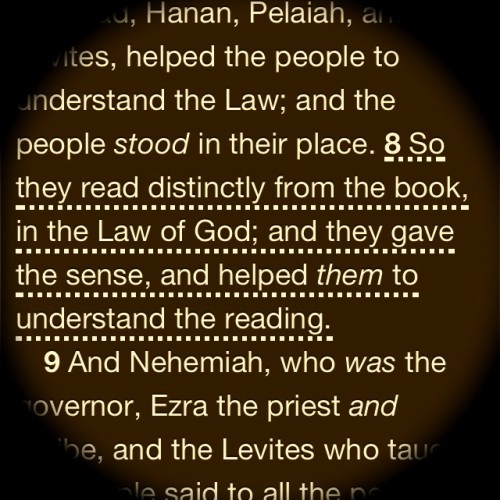 Learning English is difficult. It has a strong emphasis on grammatical structure.
Learning English is difficult. It has a strong emphasis on grammatical structure.
I remember weeks in grade school and middle school diagramming sentences. I don't think that's done anymore. Pity.
It shows in the way people speak and write. And pity because, I think every student should endure the same torture (just kidding).
English!
English words can have different meanings and pronunciations, but the same spelling. Did you read the book? She read the book. The book was red. Imagine how difficult this is for someone learning English as a second language (ESL)!
How about two words that sound the same, spelled differently, mean different things, and used in the same sentence! He read the red book.
Context is important
This week I talked to two different people who used the acronym PT. One spoke of physical therapy, the other referred to physical training. How could I know the difference? The first person described what he meant as he explained what he was studying. The other one is in the military—known for their use of acronyms—who talked about his physical conditioning.
It's the context a word is used in that gives it meaning.
The one speaking (or writing) has something in mind when using a certain word, phrase or acronym. However, those listening or reading may not be familiar with how the person using the word intends for it to be understood. How many times public figures (mostly politicians) say their words were "taken out of context" when what they say stirs controversy. Christian believers, are you getting where I'm going with this?
Disconnect
This past week, someone asked me what my occupation is. My answer was that I'm a writer and teacher. The inevitable next question is, "Of what?" Right now I'm involved with three part-time jobs to pay the bills, but for the majority of my life I've been a teacher and leader. The transition from teacher-leader to writer-occasional teacher, and as an online teacher-writer, has been a steep learning curve.
When asked what I wrote, I told of my recently published book and my current writing project. I explained my concern of many Christian believers not understanding the speech they use, called Christianese, nor did non-believers understand these words.
As we talked about this, I could see it struck a chord in her heart. Although her church background is different from mine, we both saw a major disconnect of young people from church, or Christianity in general.
Why? There are plenty of stats and opinions, but I believe one thing that goes unnoticed is this issue of Christianese. Christian believers need to speak in plain language, not an obscure form of it. If we want people to understand what we're saying, we need to make the meaning of it clear.
What is your experience with hearing Christian terms and Bible-talk?
Have you ever considered the language you use when talking about Christianity?
____________________________________________________________
For a funny look at Christianese check out this video by B.A.D.D.– Christianese
Here are some Scripture references that might help to make the point even clearer— Nehemiah 8:8, 12; Proverbs 1:2; 25:11; Luke 24:27


